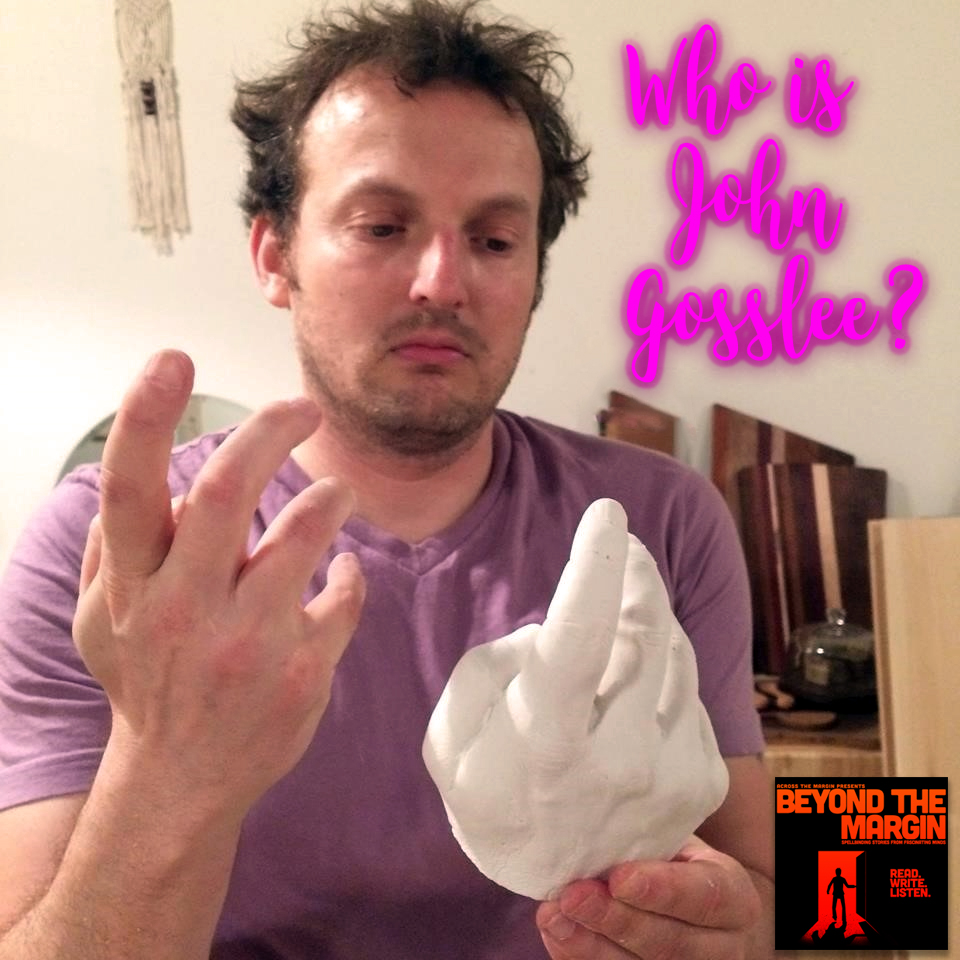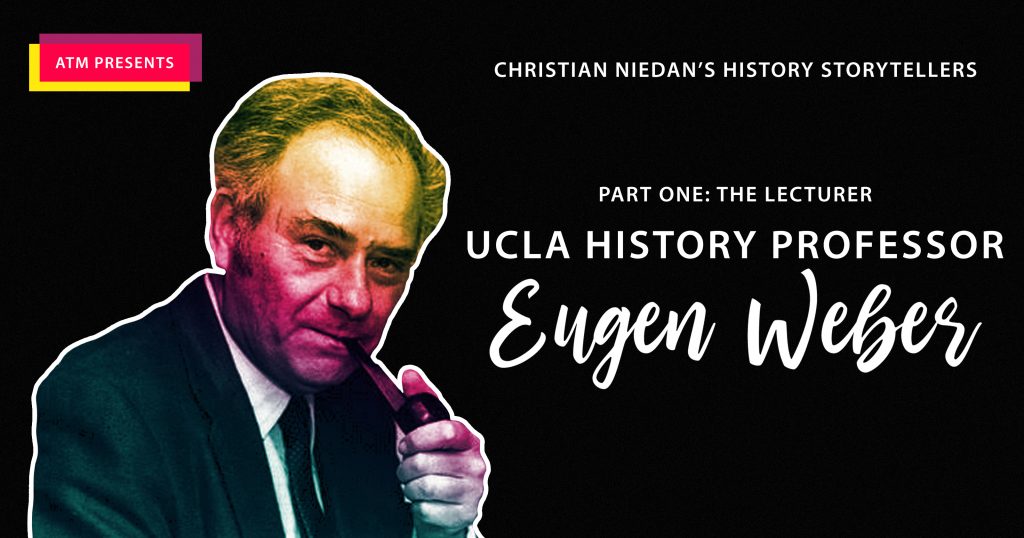by: Adam Willis
A guest contributor weighs in on Atticus Finch and the simplification of Southern heritage…
Be honest. When you first heard that Harper Lee was publishing a To Kill a Mockingbird sequel, you thought, isn’t she dead? I certainly did, and I was quickly astounded as the author who I thought was deceased broke the Barnes & Noble Booksellers single-day sales record for Adult Fiction. This breakthrough marks the release of Go Set a Watchman as the single biggest literary event since J.K. Rowling’s Harry Potter and the Deathly Hallows, which was excluded from the B&N rankings because the store considers the books to be “children’s titles” – but that’s a whole other essay.
Despite the widespread excitement and anticipation surrounding Lee’s novel, the hype was notably different from that of Harry Potter. Unlike the Potter series, the fate of whose characters was the subject of much debate before the final book’s release, we believed the characters of To Kill a Mockingbird to be unchangeable, fixed in the protective shell of literary canon. You read Mockingbird in eighth grade, between The Red Badge of Courage and Romeo and Juliet, so you categorize it like you did its neighbors: as a Classic. The headlines that would surround a sequel to any of these works would sound just as absurd as those for Go Set a Watchman. While you may have been unperturbed by the shocking revelations of Dumbledore’s malevolent past, at least with Atticus Finch you felt safe in knowing his could never be altered. Because if there’s one thing we know, it’s that Classics cannot, should not, be changed, and their heroes cannot fall. But according to Harper Lee and Go Set a Watchman, they can.
As it turns out, Harper Lee is not dead, as I assumed, and her heroes and heroines are not as infallible as you thought. The new, bigoted, segregation apologist Atticus has sparked shock, confusion, and outrage for many. What happened to the brave and righteous father we all admired? Where is the beloved lawyer dedicated to protecting the rights of the defenseless “negro”? It is literary blasphemy, Lee’s critics say. It is an act that uproots the figure that became a paragon of the New South. It shakes our ideal Southern Man at the very foundation on which we erected his statue. And it should not come as a surprise.
“We mourned the loss of an icon,” writes Dale Russakoff in The New Yorker, “but we were not shocked.” “The idea that Atticus, in this book, ‘becomes’ the bigot he was not in Mockingbird, entirely misses Harper Lee’s point,” writes Adam Gopnik, in The New Yorker as well, “there is no contradiction between Atticus defending an innocent black man accused of rape in Mockingbird and Atticus mistrusting civil rights twenty years later.” Paternal racism has always been a part of Atticus’s character, although this trait received little attention from Lee’s readers over the last fifty-five years. The Atticus of Mockingbird embodies the values that we have ascribed to the ideal Southern Man, duty, honor, patience, and wisdom. But the Atticus of Mockingbird is also the Atticus who classifies the Ku Klux Klan as “a political organization” – the Atticus who expects Calpurnia to enter each day through the back door – the Atticus who takes on the case of Tom Robinson only with great reluctance – and the Atticus who is as passively tolerant of the segregated South as anyone else in Maycomb.
Russakoff speculates about whether Lee based the Atticus of Mockingbird on a “partial truth,” the whole of which, he says, appears in Go Set a Watchman. For “even the best people,” he writes, “the whole truth about white people in the segregated South…is invariably disappointing.” This is the awful and tragic reality that continues to haunt the New South. With few exceptions, our white Southern ancestors either enabled or enforced segregation and slavery to some degree. The whole “my-ancestors-never-owned-slaves” response holds little traction in a region where white moderates collectively proved more important than cross burning Klan members in enforcing Jim Crow. And yet today, we often prefer to take the partial truth presented in Mockingbird and accept it as a complete and accurate picture of our heritage.
Proclamations by many that they will ignore the Atticus of Watchman, as well as all other attempts to salvage Atticus from his fall, may seem harmless, but they are representative of a Southern tendency to simplify its own history, to take all of the beauty with none of its baggage. We cannot be so dismissive each time we realize that one of our Southern heroes was not the white knight we believed him to be, as any attempts to reconcile Atticus with our modern approximations of race can leave us inadvertently defending his problematic ideals. For as long as we hope to simplify and romanticize the life of a Robert E. Lee or an Atticus Finch, we will continue to lay stagnant and prone in the filthy bathwater of our heritage.
It is the same sentiment that has lead us, one hundred and fifty years after Appomattox, to defend the Confederate Battle Flag as a symbol of states rights. We fabricate meanings for the flag that it never had, or, at the very least, that it has not had for a long, long time. We try to reconcile a hundred and fifty year old symbol of hate and oppression with our modern concepts of freedom and equality, and it cannot be done. The constant and futile attempt to simplify our history is the act that currently lies at the root of the Modern Southern Problem, which is to glorify our home while ignoring the shame that is the unfortunate companion of Southern success. It is the sin of which To Kill a Mockingbird is guilty, and that Go Set a Watchman faces head on.
We have, to quote William Faulkner’s oft-cited Nobel Prize Speech, “forgotten the problems of the human heart in conflict with itself.” It is an inevitable fact of history that we will forever see our heroes, real and fictional, broken down as they fail to stand on the pedestals that we have placed beneath them. But if we hope to build on their progress while advancing beyond their antiquated philosophies, we must accept their failures as well as their victories. The South is a region with a beautiful and terrible past, one in which the beauty and the terror have often walked hand in hand, and we bear the weight of its heritage not as a guilty burden but as a reminder of the distance we have come, and a calling to the long road still ahead.






